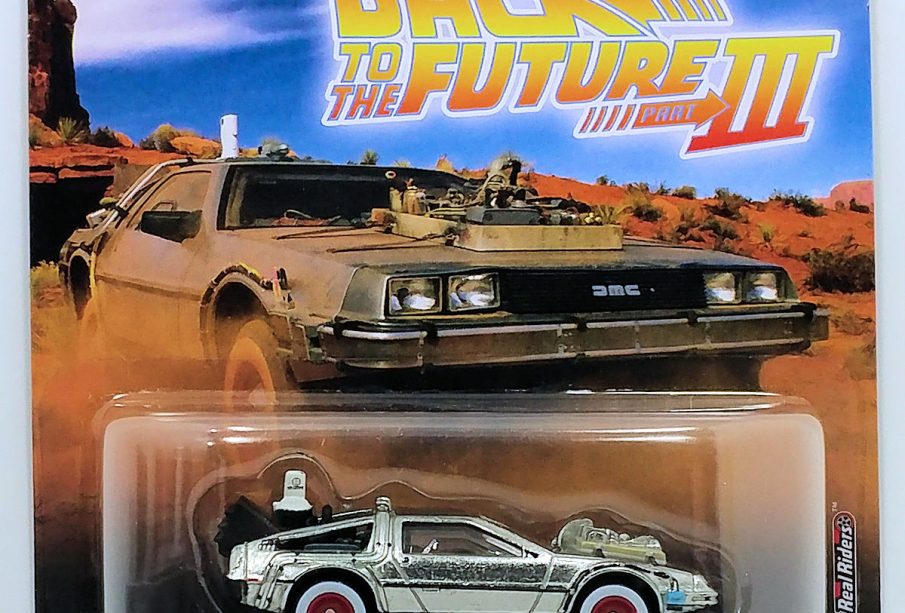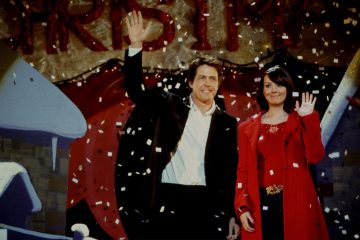The Enduring Legacy of Back to the Future

Introduction
Released in 1985, *Back to the Future* has solidified its status as a timeless classic in the realm of science fiction films. This influential movie not only captivated audiences with its thrilling storyline and memorable characters but also left an indelible mark on popular culture. Its exploration of time travel and its perpetual popularity remain relevant, prompting discussions about innovation in storytelling and filmmaking.
The Impact of Back to the Future
*Back to the Future*, directed by Robert Zemeckis, follows the adventures of Marty McFly, played by Michael J. Fox, who accidentally travels back to 1955 in a DeLorean time machine invented by the eccentric Dr. Emmett Brown, portrayed by Christopher Lloyd. The film cleverly interweaves themes of nostalgia, the implications of time travel, and the significance of choices. Its success sparked two sequels, culminating in a trilogy that has amassed a devoted fan base over the years.
Recent surveys indicate that *Back to the Future* remains one of the most beloved films of all time, frequently ranking in various ‘greatest films’ lists. The film has not only influenced modern cinema but has also inspired a wave of merchandise, video games, and even a stage musical, demonstrating its far-reaching influence across generations. The annual celebration of ‘Back to the Future Day’ on October 21, a date referenced in the film’s second installment, continues to unite fans in homage to its impact.
Current Relevance and Future Prospects
The relevance of *Back to the Future* endures as discussions around time travel and its scientific theories gain traction in contemporary media and research. The film has influenced real-world advancements, particularly in technology and environmental awareness, as it touches on concepts of climate change—issues strikingly pertinent today.
Moreover, the love for *Back to the Future* reflects in the resurgence of 1980s pop culture in film and television. The nostalgia-driven content dominates streaming platforms, captivating both older fans and new audiences who are discovering the series for the first time. As the world advances in technology, parallels between the film’s imaginative concepts and real life are further explored, inviting both filmmakers and scholars to consider how art and science fiction can inspire future innovations.
Conclusion
Ultimately, *Back to the Future* is more than just a beloved film; it’s a cultural phenomenon that continues to resonate with audiences around the globe. The fascinating interplay between its inventive storytelling and timeless themes ensures that it remains relevant. As new generations discover Marty McFly’s adventures, one can only speculate how this iconic saga will continue to influence the realms of film, science fiction, and popular culture for years to come.









